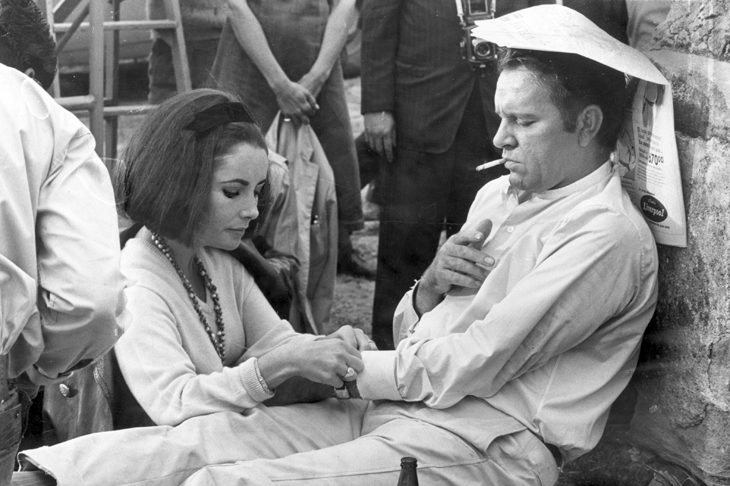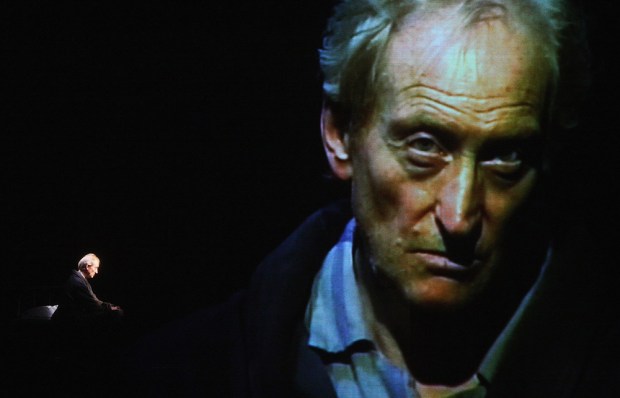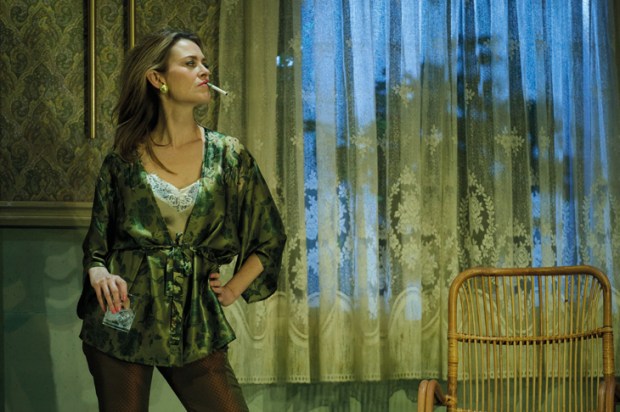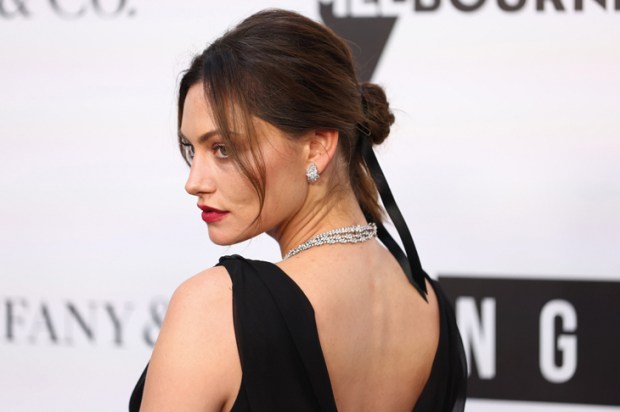Tennessee Williams is still looking like one of the greatest playwrights of the twentieth century and the plays he wrote from The Glass Menagerie in 1944 to The Night of the Iguana in 1961 with The Milk Train Doesn’t Stop Here Anymore as a weird rider are the greatest dramatic body of work since Eugene O’Neill and in fact surpass him, just as they surpass Arthur Miller even if Death of a Salesman and The Crucible are classics that seem to define an era and have an unsurpassable power of dramatic effect in their evocation of Willy Loman, the little...
Already a subscriber? Log in
Subscribe for just $2 a week
Try a month of The Spectator Australia absolutely free and without commitment. Not only that but – if you choose to continue – you’ll pay just $2 a week for your first year.
- Unlimited access to spectator.com.au and app
- The weekly edition on the Spectator Australia app
- Spectator podcasts and newsletters
- Full access to spectator.co.uk
Unlock this article
You might disagree with half of it, but you’ll enjoy reading all of it. Try your first month for free, then just $2 a week for the remainder of your first year.














Comments
Don't miss out
Join the conversation with other Spectator Australia readers. Subscribe to leave a comment.
SUBSCRIBEAlready a subscriber? Log in